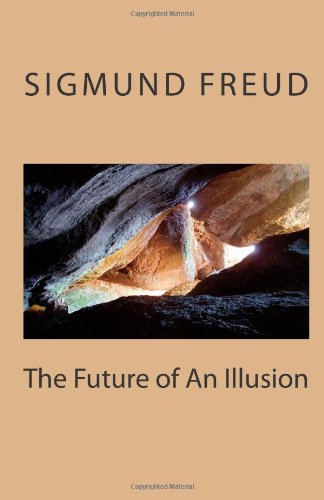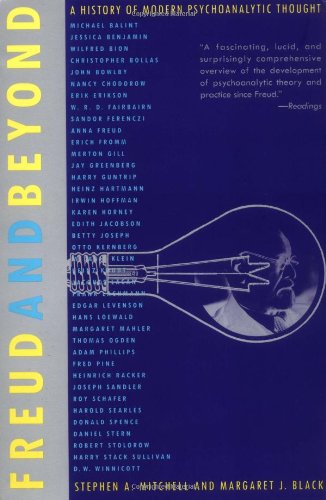Freud's "On Narcissism: An Introduction" (IPA Contemporary Freud: Turning Points & Critical Issues) Review


"On Narcissism: An Introduction" is a densely packed essay dealing with ideas that are still being debated today – from the role of narcissism in normal and pathological development and the relationship of narcissism to homosexuality, libido, romantic love, and self-esteem to issues of therapeutic intervention.
In this book, the contributors place the work in the context of Freud’s evolving thinking, point out its innovations, review its problematic aspects, and examine how its theoretical concepts have been elaborated more recently by analysts of diverse theoretic persuasions. In addition, they use Freud’s text to chart new developments in psychoanalysis and point toward still unresolved problems. An introduction by Joseph Sandler, Ethel Spector Person, and Peter Fonagy provides a succinct overview of the material.
Contributors: Willy Baranger, David Bell, R. Horacio Etchegoyen, Peter Fonagy, León Grinberg, Béla Grünberger, Heinz Henseler, Otto F. Kernberg, Paul H. Ornstein, Ethel Spector Person, Joseph Sandler, Hanna Segal, Nikolaus Treurniet, Clifford Yorke.



















